Iran attack: An update
It’s been almost a month since the killing of Hamas leader Ismail Haniyeh and Iran has yet to act on its promise of retribution against Israel
Hello and welcome to Hostile World with Chris Hughes, a weekly newsletter about the world of defence and geopolitics. You can subscribe here and follow me on Twitter @defencechris. Thank you!
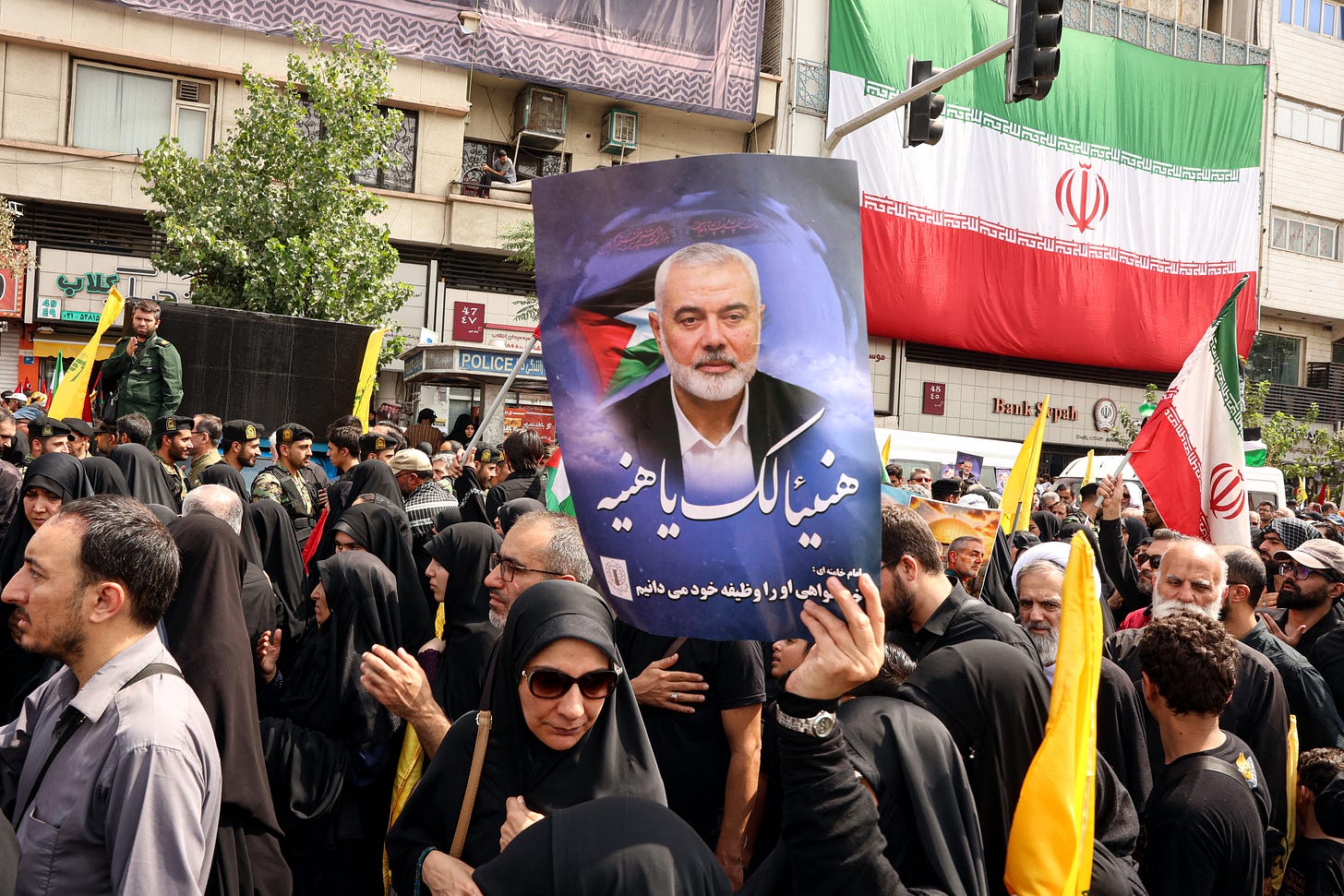
I’ve spent the past two weeks reporting from Israel in anticipation of Tehran’s retaliation but it is likely I will shortly return to London as it has not happened.
As I am writing Israel has launched a major operation in the West Bank, whose wall I can see from the hotel I am staying in in east Jerusalem, and thus far nine Palestinians have died.
The volatile city of Jenin has been sealed off and Palestinian militant groups have been exchanging fire with the Israeli military.
Israel is fighting a war on many fronts and the West Bank has threatened to explode at any time.
So it will not want a major war against Hezbollah, especially as it is awaiting Iran’s next move.
My contacts in the intelligence community have repeatedly told me the longer Iran takes over its response, the more complicated and perhaps severe it may be.
Hezbollah has, kind of, acted on its promise of a major attack against Israel, although that planned attack was largely thwarted by a 100-strong warplane pre-emptive strike.
The Israeli sortie took out thousands of Hezbollah rocket launcher barrels on Sunday morning, including some aimed at Mossad’s Tel Aviv HQ in central Israel.
Hezbollah did launch 230 rockets and some 20 drones from Lebanon at northern and central Israel in the early hours of Sunday
Some were intercepted, while others impacted, causing damage to homes, killing some chickens and lightly injuring at least one person.
And an Israeli Navy sailor was killed by an interceptor missile amid the attack.
And we are still waiting for Iran to make a move as the dynamics of geopolitics keep acting against that move being made.
Why has Iran not acted yet?
It is certainly no exaggeration to suggest that Iran’s response could, and will, likely take the region to the brink of all-out war and possibly beyond.
Given recent events which have taken us all by surprise - such as Israel’s major attack on Hezbollah, supposedly to pre-empt strikes on targets such as Mossad, - anything could happen whilst I am flying back to the UK.
As I have said, there is a horribly large risk of a miscalculation sparking a major war - and that is precisely, in my view, why there has been such a lengthy delay in Iran’s response.
The longer Iran leaves it, the more pressure it perceives is piling onto Israel, whose defence batteries have remained on high alert to thwart a long-range missile attack.
The delay also suggests Iran’s leadership is unsure about the consequences of its strike.
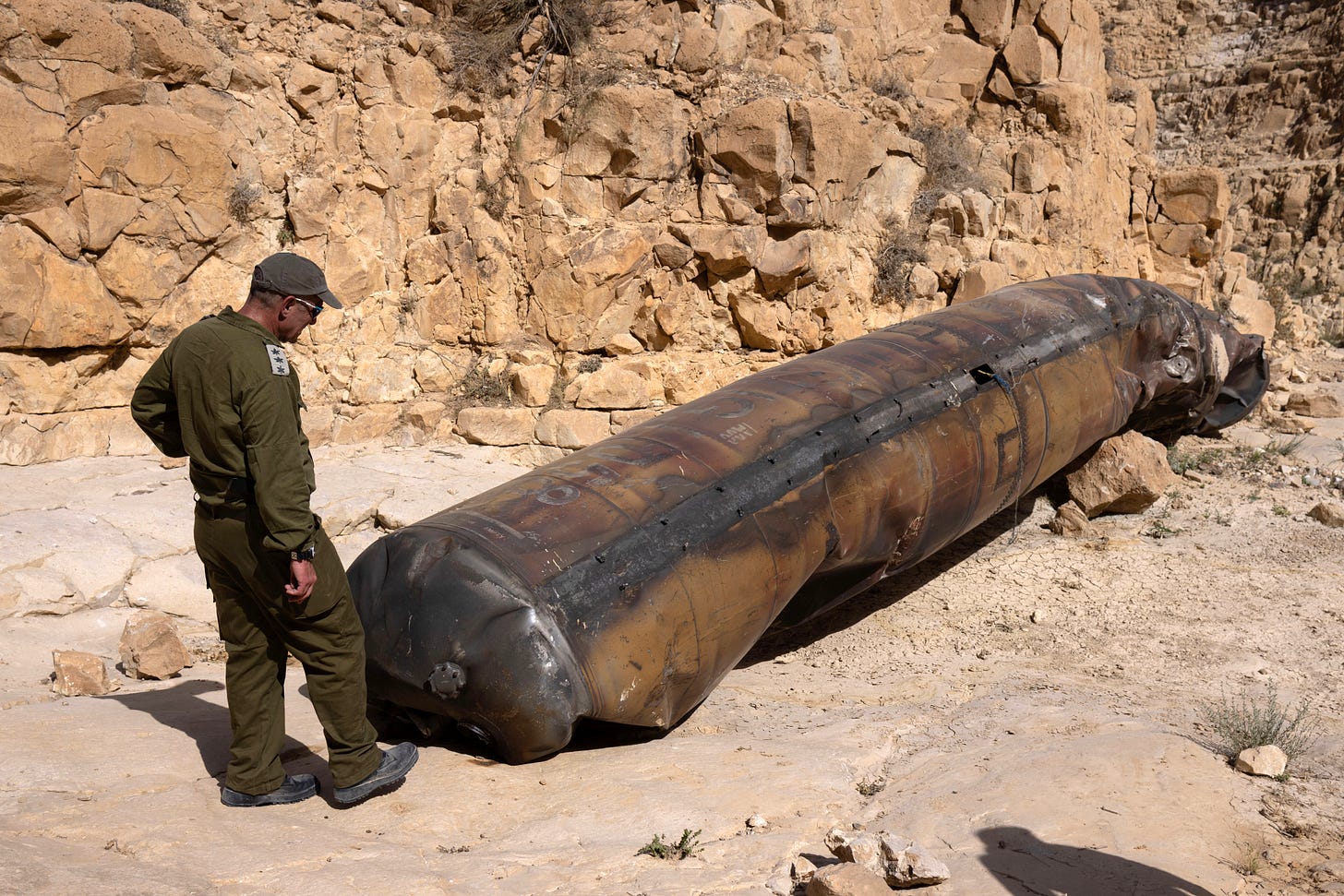
And it is becoming increasingly likely that its actions could even be against Israeli interests outside the country, perhaps an embassy or a person or persons or all of the above.
There has been some indication Iran might postpone, or even not act out, a retaliatory attack if U.S. leaders are able to meet Iran’s demand for an immediate Gaza ceasefire.
After all, another failed mass missile attempt against Israel, as happened in April, would be too big a humiliation for Tehran, making it appear weak and technically plus militarily impotent.
It was the war triggered on October 7 by the horrific Hamas attack killing 1,189 that sparked Hezbollah and Iran’s increased aggression towards Israel in support of the Palestinian militants.
Gaza ceasefire and connections to Iran
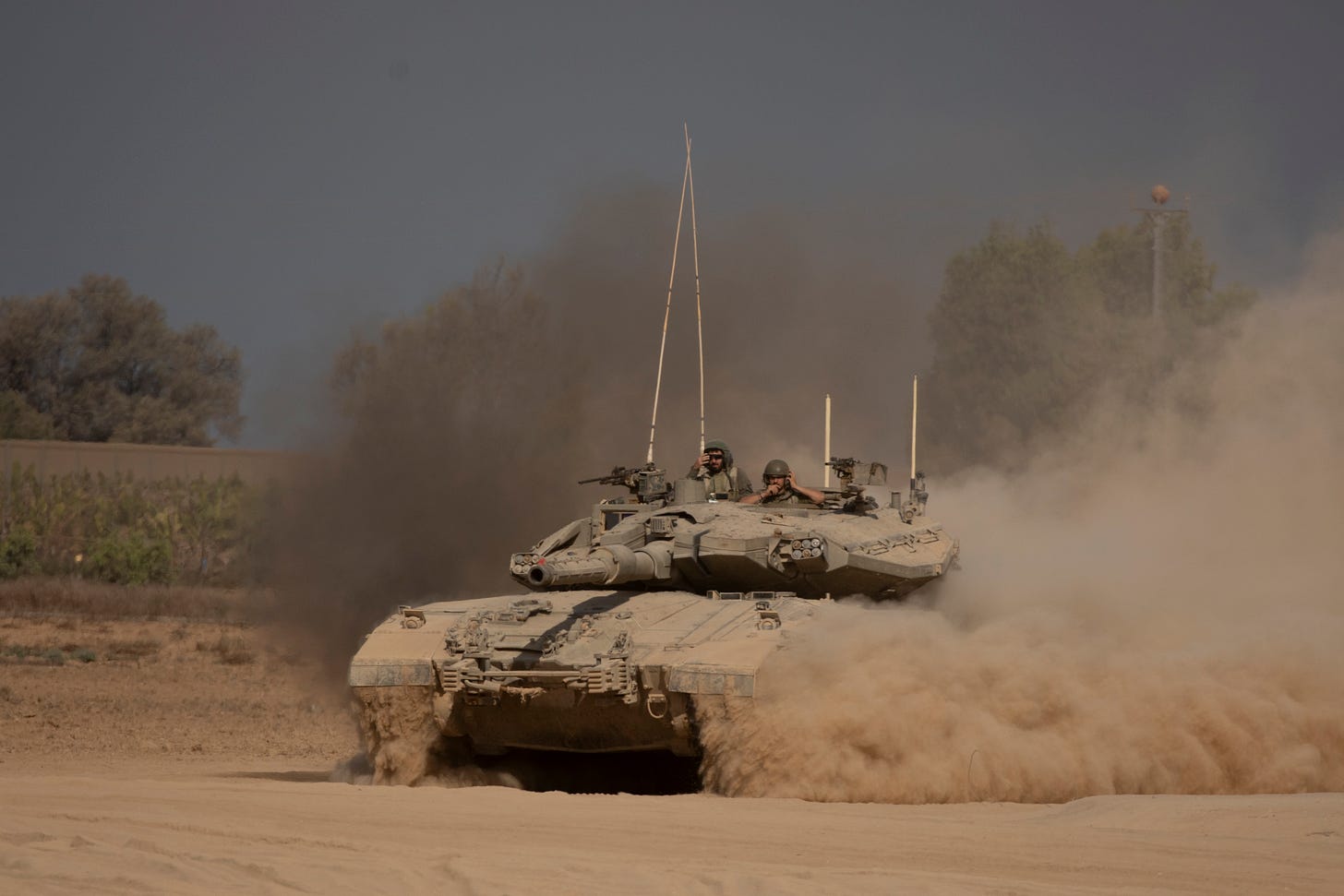
But a ceasefire agreement has remained elusive thus far and seems unlikely.
If one could be reached then Iran would jump at the chance to gain credibility as part of the ongoing negotiations regarding Israeli-Palestinian talks.
Iran is clearly placing pressure on U.S. officials to try to force Israeli Prime Minister Benjamin Netanyahu to accept Hamas’ demands for a full withdrawal from Gaza - whilst Netanyahu has thus far refused as would mean the militants would survive militarily and re-grow.
Although largely ineffective Hamas and Palestinian islamic Jihad’s ability to fire rockets into Israeli communities has given Iran an extension of influence in the region, a kind of finger with which to prod Israel as opposed the far more potent Hezbollah force across the northern border.
Tensions inside Iran
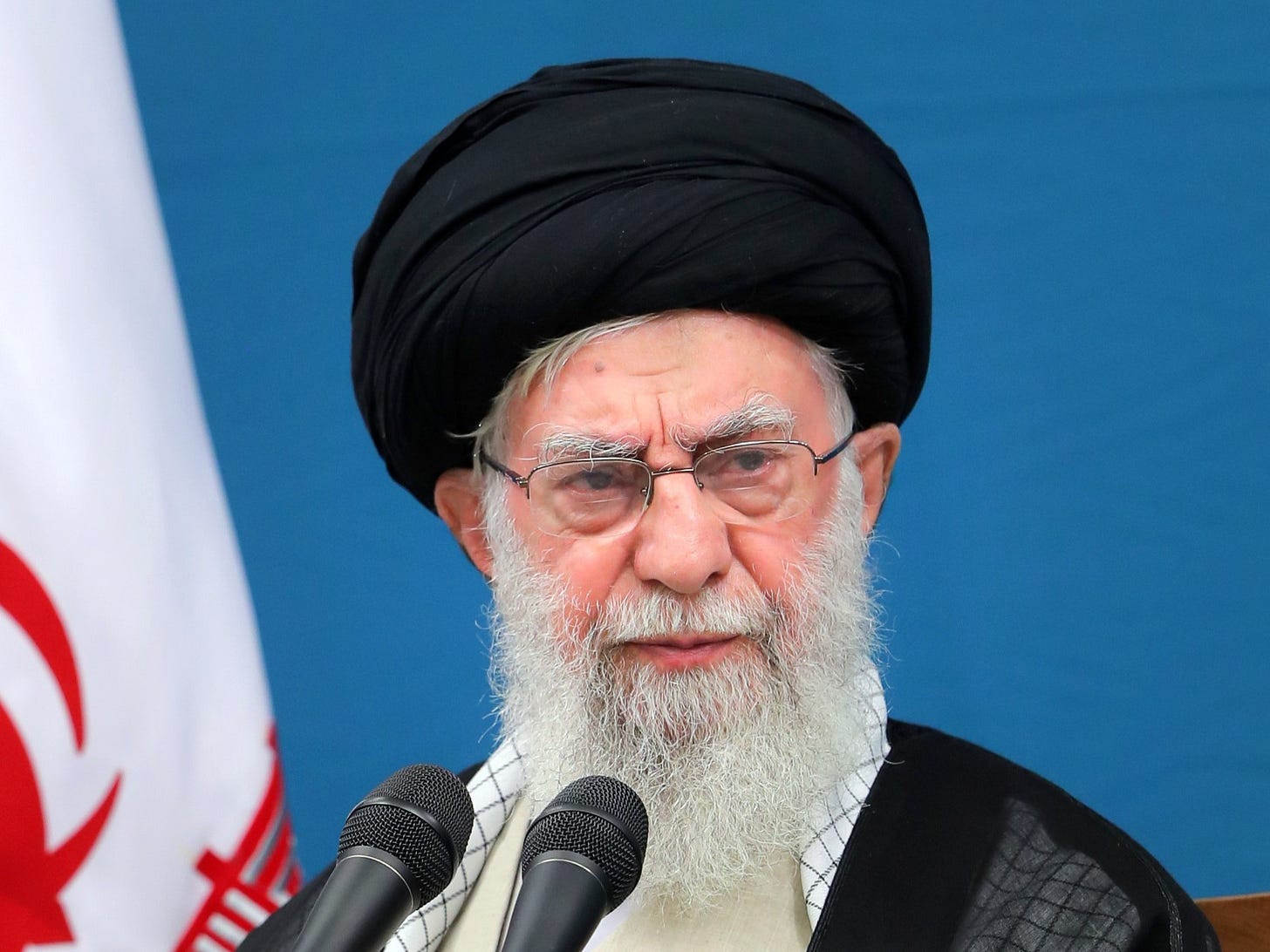
The bottom line for Supreme Leader Ali Khamenei is that clearly he fears triggering a set of events that could lead to a U.S. - Iran war, demolishing Tehran’s programme of gaining power across the Middle East and likely even his regime.
The recent election of Iran’s pro-reform President Masoud Pezeshkian also complicates Iran’s response, following the death in a helicopter crash of the late President Ebrahim Raisi.
According to former FBI terror expert Ali Soufan, Pezeshkian’s supporters enthused over his pledges and those of former Iranian Foreign Minister Mohammad Javad Zarif, that he could rebuild relations with the West, even persuade the US to reduce devastating sanctions.
The sanctions have worked as they have given the west huge leverage against Iran, a tool that has become increasingly valuable as the geo-political wrestling between Tehran and the U.S. progresses.
Soufan, in his latest Soufan Centre analysis suggests: “Pezeshkian and Zarif have argued that a major Iranian retaliatory strike on Israel, aside from potentially provoking Washington, would derail their efforts to reach out to the United States and other Western powers to explore a rapprochement.
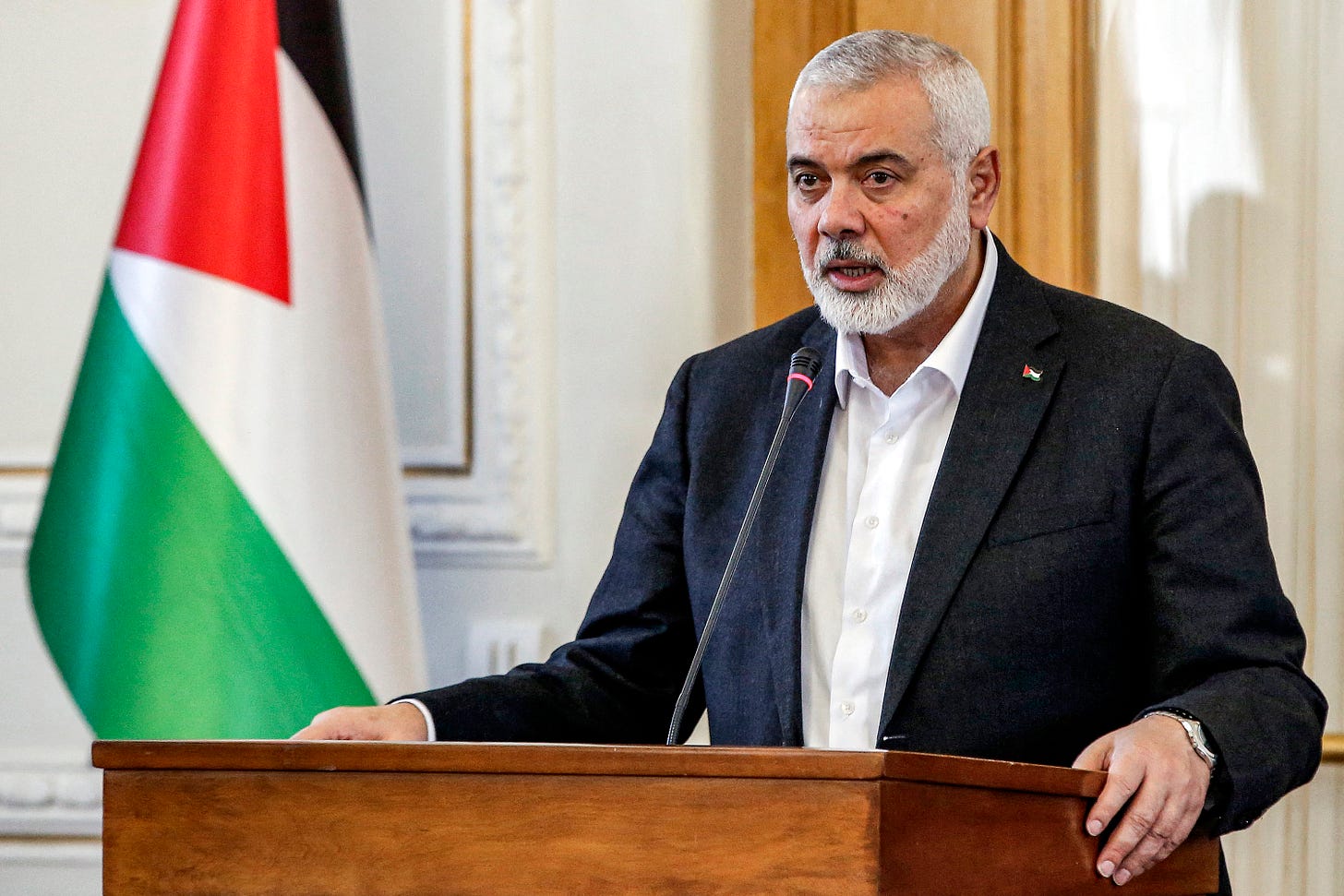
“According to reports from Tehran, Pezeshkian has urged the Supreme Leader to forgo retaliation for the Haniyeh killing, arguing an Israeli - or particularly a U.S. – counter-response could destabilise his government.
“The Supreme Leader reportedly has been noncommittal, instead stating publicly that failing to retaliate would earn Iran “the Wrath of God,” for inviting further Israeli attacks on Iran and Iran’s allies.”
So a retaliation remains on the table for now although how and when is impossible to say.
But whilst it does remain so does the risk of a much wider and complicated war in the region that could draw European countries and definitely the US even further into global conflict.
Desperate time for Ukraine and Russia but which one is most desperate?
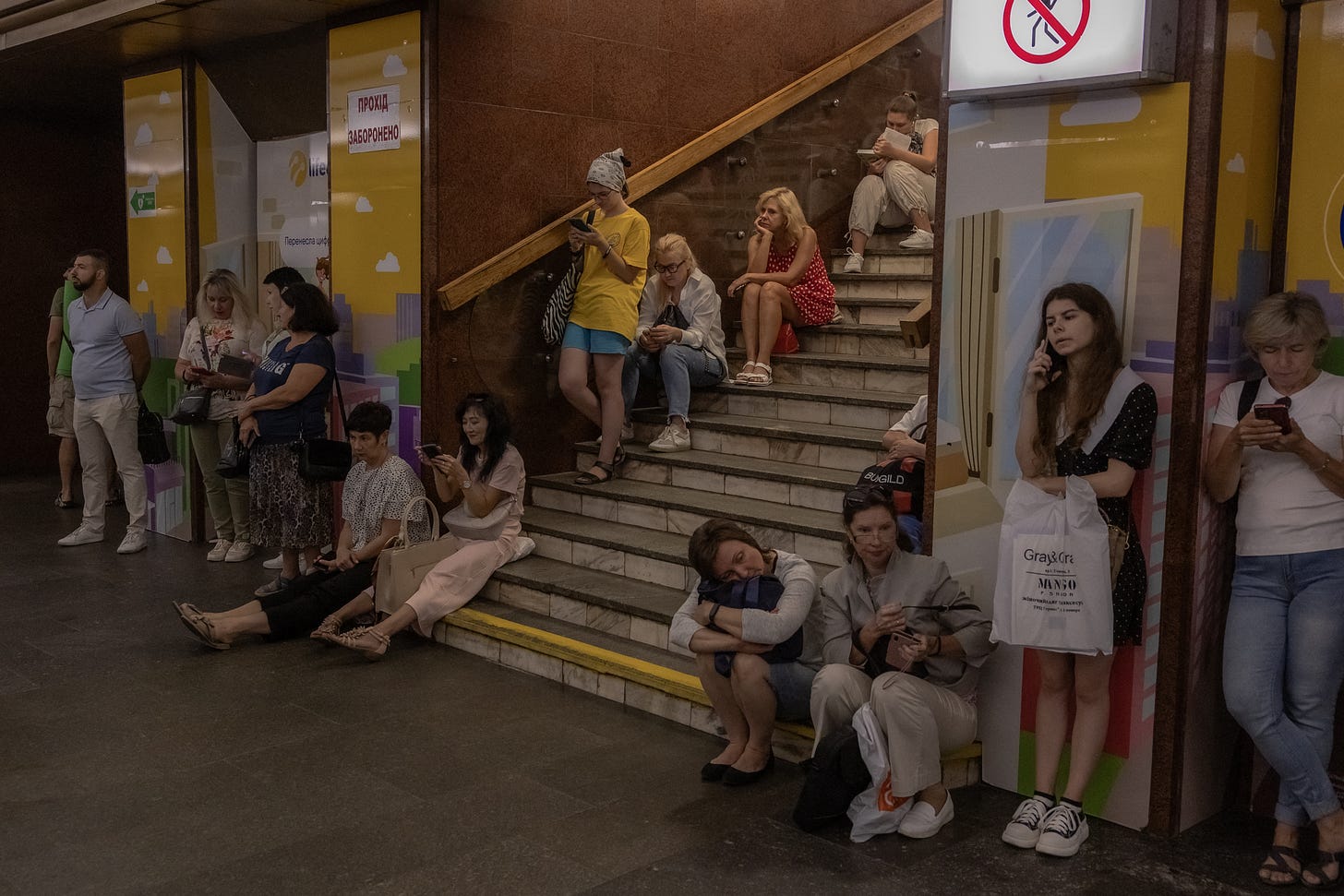
Once again Russia’s patsy, Belarus, has troops on the northern border with Ukraine.
Clearly Russian President Vladimir Putin is desperate to persuade Kyiv to withdraw from their partial invasion of Russian territory.
This has been further underlined by Putin’s vile instruction this week to bombard Kyiv’s civilians yet again.
Ukraine has urged Belarus to “cease unfriendly actions” and called for them to pull back beyond firing range.
And keen to avoid escalation they have warned Belarus that its troops will become legitimate targets if they persist.
Kyiv sources tell me the Belarusian border build-up was arranged by the Kremlin.
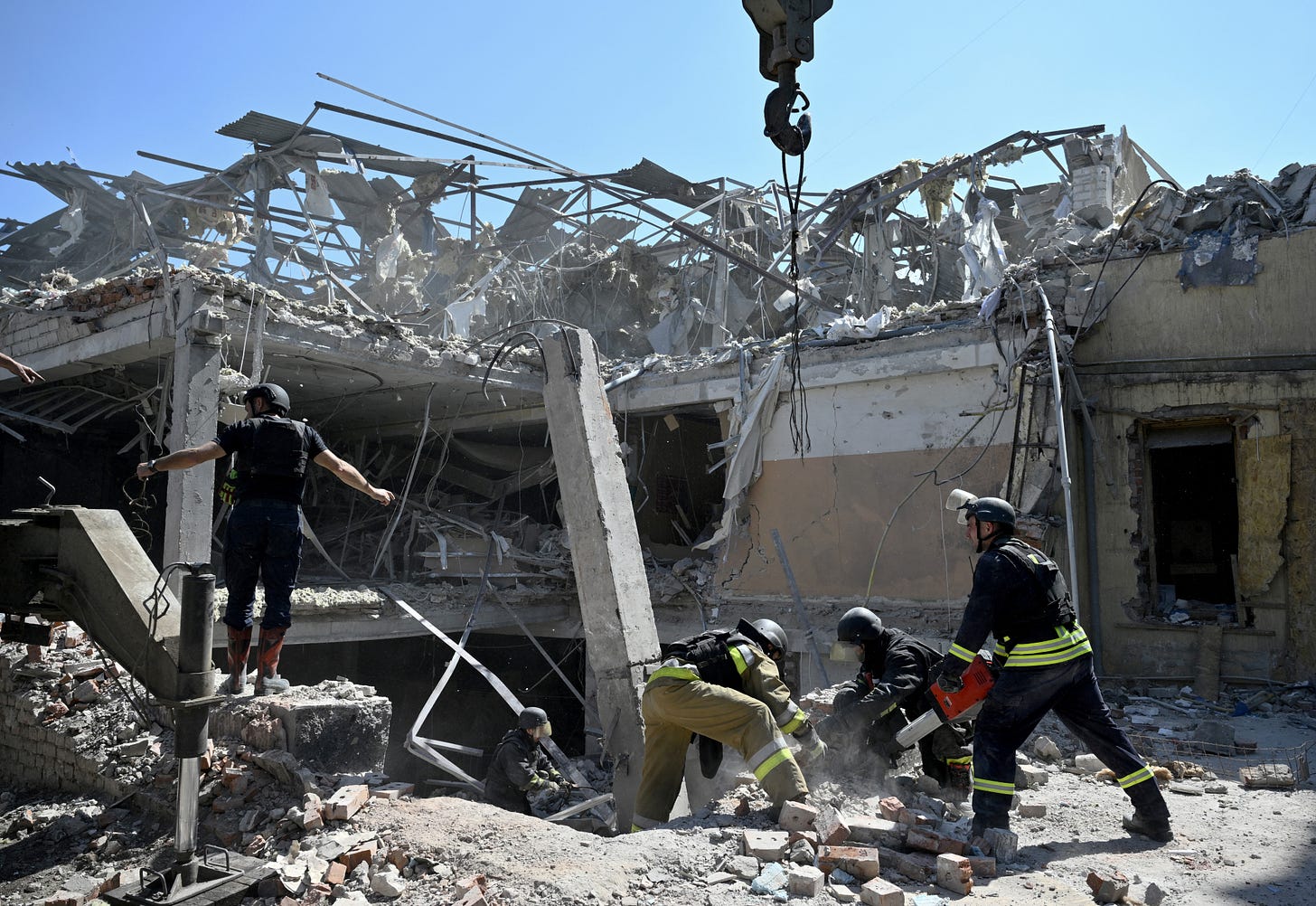
As my friend Peter Dickinson, one of the few Brits remaining in Ukraine, writes for the Atlantic Council this week:
“Russia has long sought to deepen Belarus’s involvement in the war against Ukraine, but on this particular occasion the Kremlin is believed to have a very specific goal in mind.
“Vladimir Putin hopes that by manufacturing a potential Belarusian threat along Ukraine’s northern border, he can force Kyiv to divert troops away from the ongoing Ukrainian invasion of Russia’s Kursk region and ease the pressure on his own overstretched army.”
As they say in Kyiv “Good luck with that Vlad - it’s not happening.”
Russia is becoming desperate, it’s running out of chess pieces and Ukraine has played an absolutely storming move by entering Russia.
The coming weeks and months will be painful and violent but Ukraine is prevailing.
Thank you
I hope you’ve enjoyed my latest newsletter. If you have been forwarded this email and would like to sign up, you can do that right here.
Let me know your thoughts in the comments and see you next week,
Chris






